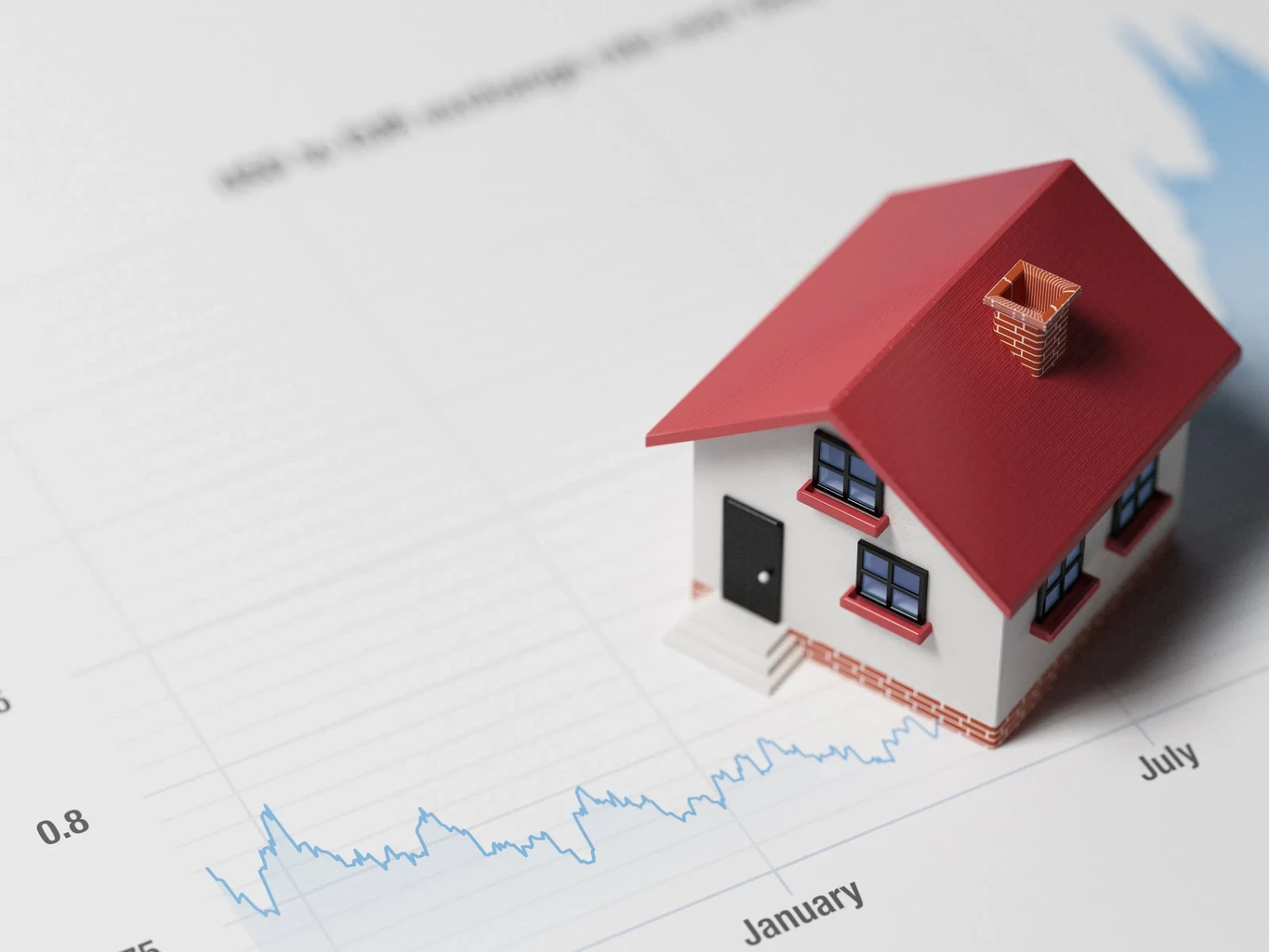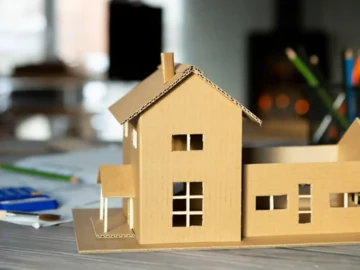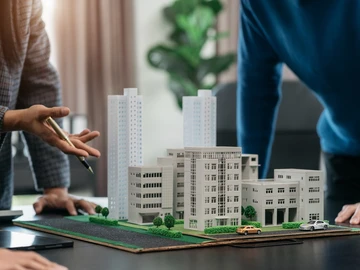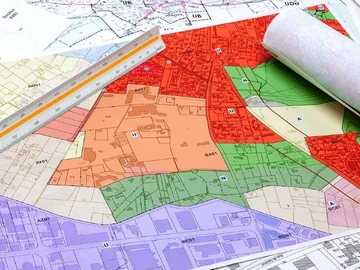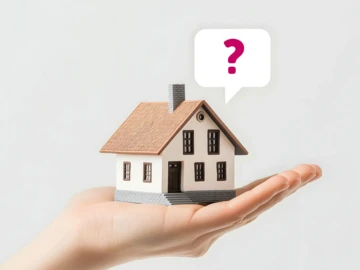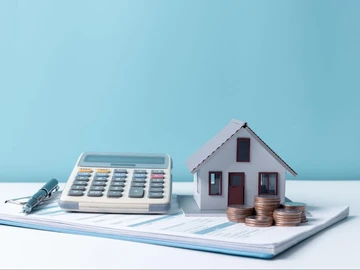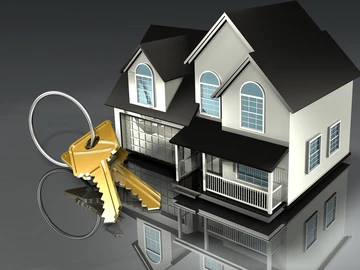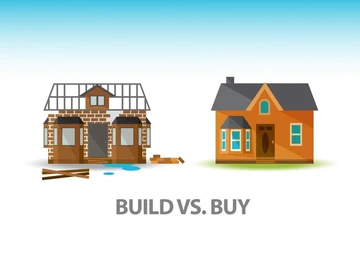In a country marked by currency shifts, inflation, and economic uncertainty, Zimbabweans are constantly asking: Is real estate still a safe investment?
Despite the turbulence, property continues to be one of the most popular and resilient investment choices in Zimbabwe. From urban stands in Harare to high-density rentals in Chitungwiza and gated communities in Borrowdale Brooke, real estate remains a preferred way to store and grow wealth.
In this article, we break down why real estate remains a viable investment option, the risks to consider, and emerging trends shaping the market in 2025 and beyond.
Why Zimbabweans Still Invest in Real Estate
1. Real Assets Hedge Against Inflation
Property is a tangible, non-depreciating asset that retains value even when currency does not. With inflation in Zimbabwe averaging over 130% in 2023, real estate offers a solid hedge compared to holding local currency or stocks.
- According to the Zimbabwe National Statistics Agency (ZIMSTAT), residential property prices in urban areas grew by over 22% year-on-year between Q1 2023 and Q1 2024—outpacing inflation-adjusted returns in many other sectors.
2. High Demand for Housing
Zimbabwe faces a massive urban housing backlog, estimated at over 1.25 million units, according to the Ministry of National Housing. This persistent demand for housing especially affordable units continues to drive growth in:
- High-density suburbs (e.g. Budiriro, Epworth, Glen View)
- Middle-income clusters (e.g. Westgate, Madokero, Tynwald)
- Land investments in satellite towns (e.g. Ruwa, Norton, Goromonzi)
This demand creates strong rental returns and long-term appreciation potential, especially in well-located areas.
3. Diaspora Demand Keeps Market Buoyant
Zimbabweans in the diaspora remain key players in the property market. Diaspora remittances reached a record US$1.8 billion in 2023 (Reserve Bank of Zimbabwe), with a significant portion channelled into home construction, stand purchases, and income-generating properties.
Platforms like Property.co.zw continue to see growing traffic from users in South Africa, the UK, and Australia searching for titled land and new builds—highlighting diaspora confidence in Zimbabwean real estate.
Risks to Consider When Investing in Zimbabwean Property
1. Lack of Title Deeds
Many areas, especially peri-urban or high-density settlements, are sold without title deeds. Buying such properties through cession agreements or cooperative allocations can pose risks if not properly verified.
- According to the Zimbabwe Land Commission, over 60% of urban land disputes in 2023 involved properties without valid title.
Always verify ownership documents and use a registered conveyancer.
2. Currency Instability and Policy Changes
Zimbabwe’s multi-currency system and the recent reintroduction of the ZiG (Zimbabwe Gold) currency have introduced pricing uncertainties. Property prices are now being quoted in US dollars, ZiG, and even Rands, depending on the seller leading to valuation and payment risks.
While property typically retains value, the lack of stable mortgage financing and fluctuating exchange rates can complicate affordability.
3. Delays in Development Approvals and Infrastructure
In some areas, land is sold before being fully serviced leading to delays in development, or issues with electricity, roads, and water. This is common in new suburbs and peri-urban growth nodes.
Tip: Always buy serviced land or confirm development timelines with the seller or developer.
Where Are the Opportunities in 2025?
Despite the risks, there are exciting opportunities for investors who do their due diligence:
1. Cluster Housing & Gated Communities
Growing demand for security, convenience, and lifestyle is driving interest in gated communities in Borrowdale, Gletwyn, and Vainona. Cluster units now offer attractive returns in the US$100k–$200k price range.
2. Rental Property in High-Density Areas
Monthly rentals in Budiriro or Glen Norah range from US$150–$300, depending on amenities. With low construction costs, rental yields of 8–12% annually are achievable.
3. Off-Plan Developments
New projects in Pomona, Mabvazuva, and Westgate offer payment plans and modern designs that appeal to diaspora buyers.
Final Verdict: Is It Safe?
Real estate in Zimbabwe is not without its challenges, but it continues to be a reliable and inflation-resistant investment, especially when compared to volatile alternatives like currency trading or short-term equity investments.
With proper due diligence, legal guidance, and location research, property can provide both capital growth and steady income making it a smart move for long-term investors.
Tips for Safe Property Investment in Zimbabwe
- Work with registered estate agents
- Use a qualified conveyancer or property lawyer
- Insist on title deeds or official documentation
- Research the neighbourhood, infrastructure, and developer
- Use trusted platforms like Property.co.zw for verified listings
 Continue with Facebook
Continue with Facebook
 Continue with Email
Continue with Email

